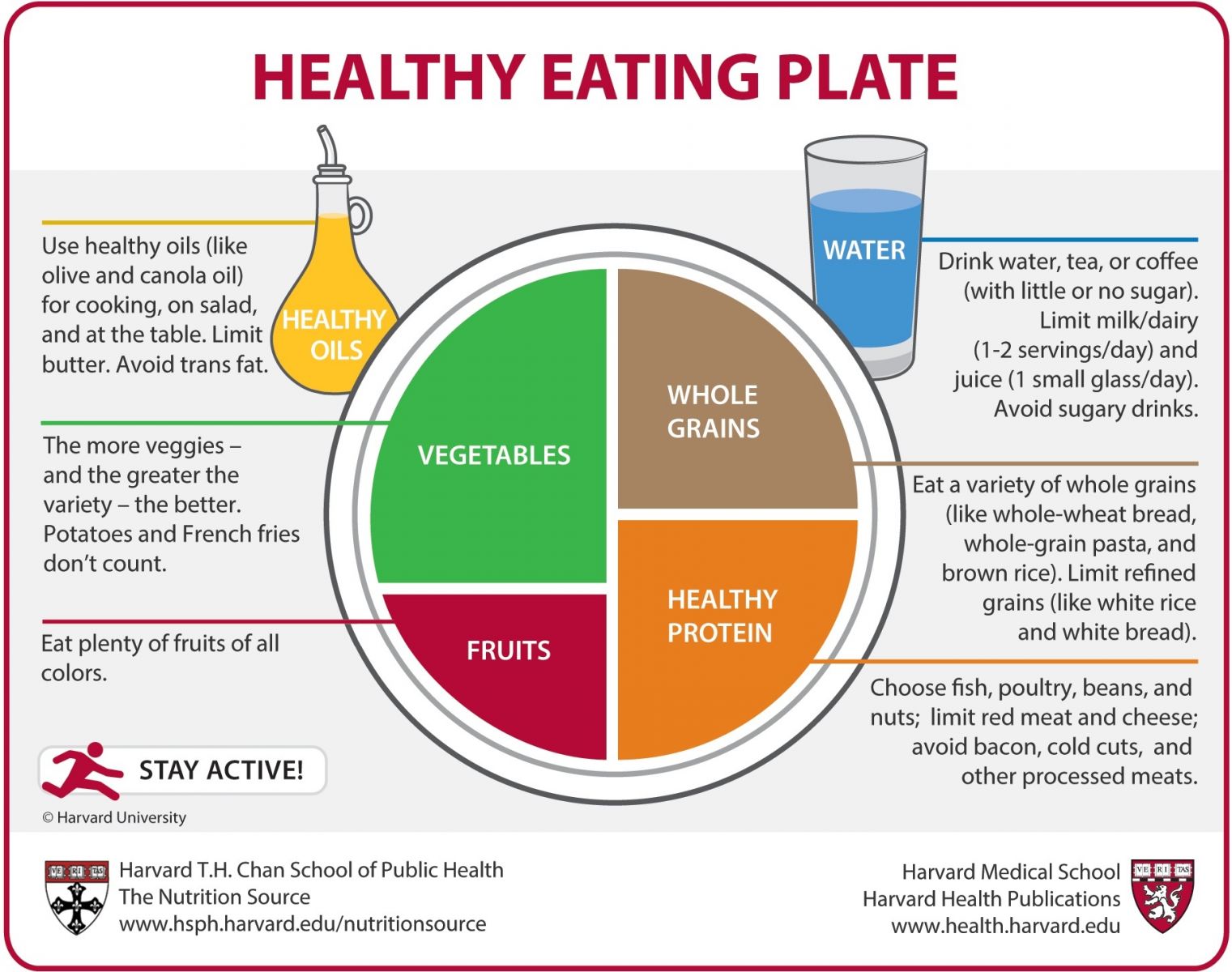Before we dive into today's post, I just wanted to throw in a quick recommendation for you to add something to your browser: Tab for a Cause. One of my Facebook friends suggested me to add it to Chrome, and basically it donates a cent to a charity every time you open a tab. These charities help supply education, water, and medical help to third-world countries, promote human rights, and help the environment. One cent doesn't sound like much, but I personally open up a lot of tabs throughout the day, and if everybody added this app it could make a big difference! If you are interested in adding Tab for a Cause to your browser or just learning more about it, please follow this link.
I am so excited for this part of the series because today we get to talk about one of my favorite topics in the whole wide world: FOOD!!!
 |
| giphy.com |
Nutrition is another thing that interests me (although not nearly as much as sleep does!). Your body is a complex system full of different chemicals, and what you eat affects the balance of chemicals. The balance of these chemicals in turn affect your metabolism, your energy levels, your cognitive abilities, and overall health. Kind of weird to think about it that way, no?
Anyhow, it's pretty easy to get caught up in unhealthy eating habits during college. There's unlimited food, there are a lot of dining options, and it is kind of like going to a buffet every day. Furthermore, it is tempting to eat more food during the year because, for a lot of people, eating is a social event. (To be honest, I don't think that the infamous "Freshman Fifteen" comes from living around so much food--it comes from those few occasions when you go home on holidays and splurge on delicious home cooking.)
Although it is easy to get into bad habits, why don't we start believing that it is also easy to get into good habits?
There has been a multitude of research on nutrition, but two of the best models for maintaining a balanced diet are the Healthy Eating Pyramid and the Healthy Eating Plate, which are shown below (click on the links in the captions to enlarge):
 |
| nutritionaustralia.org |
 |
| health.harvard.edu |
Both models are great, and each has their pros and cons, but for me the Healthy Eating Plate is especially easy to follow in the dining halls.
I usually try to limit myself to one plate, dedicating half of it to a salad of sorts. Then on the other half, I'll get a bit of pasta or brown rice, and then a piece of chicken or fish. If there is already protein mixed in with the pasta or rice, then I just get a little more of that. I usually try to limit myself to one plate, but if I'm still feeling hungry after my meal, I'll drink some fat free milk or add some cottage cheese to the side.
My nutritional philosophy (if that's a thing) is that it is okay to eat a lot so long as you are putting good things into your body. Eating a giant salad with fresh fruits, vegetables, nuts and limited amount of dressing can be satisfying, and your body is able to process these things much more efficiently. But I also admit that I have a weakness for particular junk foods--namely ice cream and pizza. Giving up your favorite foods entirely sounds kind of extreme (and depressing) to me, so eating pizza once or twice a month during study sessions or friend times and getting some cake to treat yourself after a hard test is encouraged by me, too!
My nutritional plan has a couple holes, but I've found it pretty useful for staying in shape and getting everything I need in order to exercise daily and conduct all my activities with two meals a day. Reflecting on my health from last year, I would say that eating healthier definitely helped my body do everything I needed it to during the busy year despite the in general lack of sleep college students will get.
Overall, it is also pretty easy--I came into college used to eating a plate that was not so balanced, but the transition was simple for me. So if you're looking for a quick, painless method for eating healthy, I definitely recommend splitting your plate between the main components.
Pacing oneself while eating also helps control portion size. It's best to eat slowly so that you can tell when you're full. I would start out with a plate of food, and if that isn't enough, go back for a little bit more at a time. Obviously, a football player weighing at least 200 pounds who exercises three or more hours a day will need a whole lot more food than me, a 115-pound taekwondo player. Even those seemingly minor characteristics, such as whether you are male or female, will affect how much food your body needs. Portion size really depends on your body and its needs, so listen to it!
 |
| foodenthusiastmag.com |
Now, this post was pretty informal and was based mostly on personal experience in the dining halls, so for more factual information and advice on general nutrition, please take a look at Harvard's article on what you should really eat.
Thank you for reading, and I hope you have a wonderful day! To close, I just wanted to share this video--it's just some good food for thought:
Smile on,
-Riley XO

Thank you for this wonderful post!
ReplyDeleteIt is so useful...now I know what to eat and what not too:)
June
The Journeys' of my beating heart
Thanks, June! Hope you find some foods that are as delicious as they are nutritious (yes, I can be that cheesy)! ^_^
ReplyDelete-Riley XO